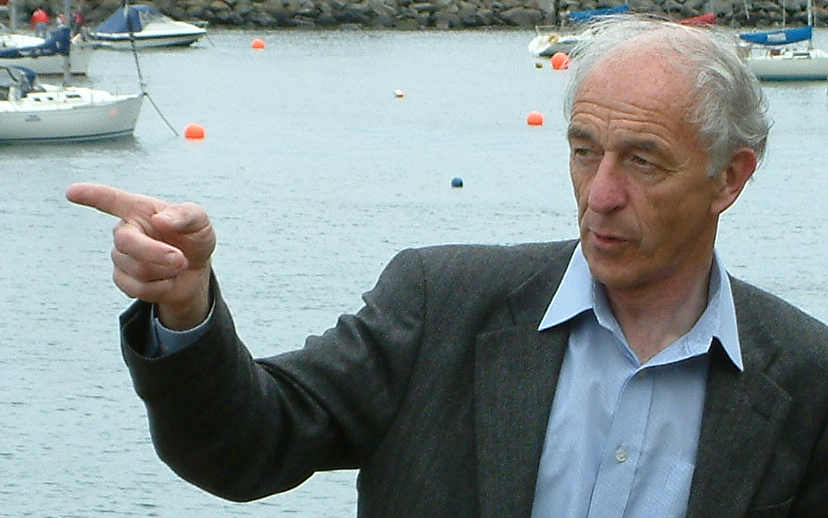1950 physics and philosophy enjoyed a harmonious and mutually beneficial relationship. The leading theorists of the period --
such as Einstein, Heisenberg, Bohr, Pauli, and Schrodinger --
had a keen interest in philosophy. But now most physicists are indifferent or hostile towards philosophy.
The book aims to challenge this stance and
to show the continued validity of the interaction between physics and philosophy. It approaches this task by devoting a chapter to each of the three major fields of contemporary
physics -- quantum theory, cosmology, and particle physics -- in each case, placing the current scientific understanding in a philosophical
setting. The remaining three chapters prioritise philosophy
(specifically epistemology, ontology and philosophy of language)
and focus on physics as actually practised -- its methodology, the process of theory construction and replacement,
and the emergence of a consensus in an environment where rival theories are competing for 'official' adoption -- with a view to arriving at a defensible understanding of the status of its conclusions.
Physics at University College Dublin, graduating with
First Class Honours and first place in Experimental Physics.
He served for a time in the Irish Meteorological Service.
Later he obtained a master's degree in Semiconductor Devices and Processes from University College Cork. He was for almost forty years a lecturer in Physics and Microelectronic Devices and Technology in the Waterford Institute of Technology. He also holds of a Diploma in Arts (Philosophy) from University College Cork and a Higher Diploma in Education from NUI Maynooth and has co-authored a number of papers on the historical development of Einstein's General Theory of Relativity.


